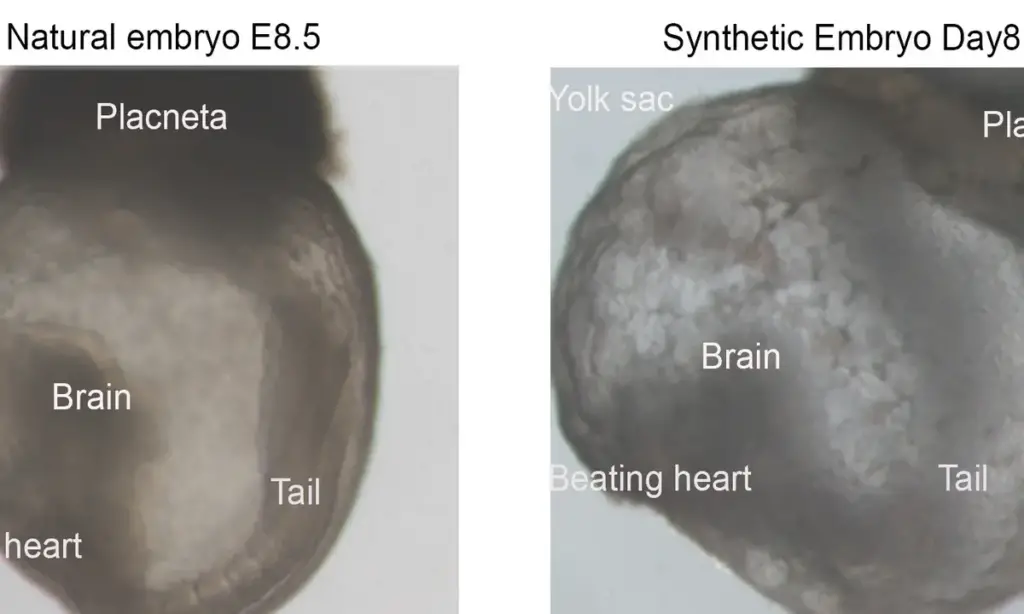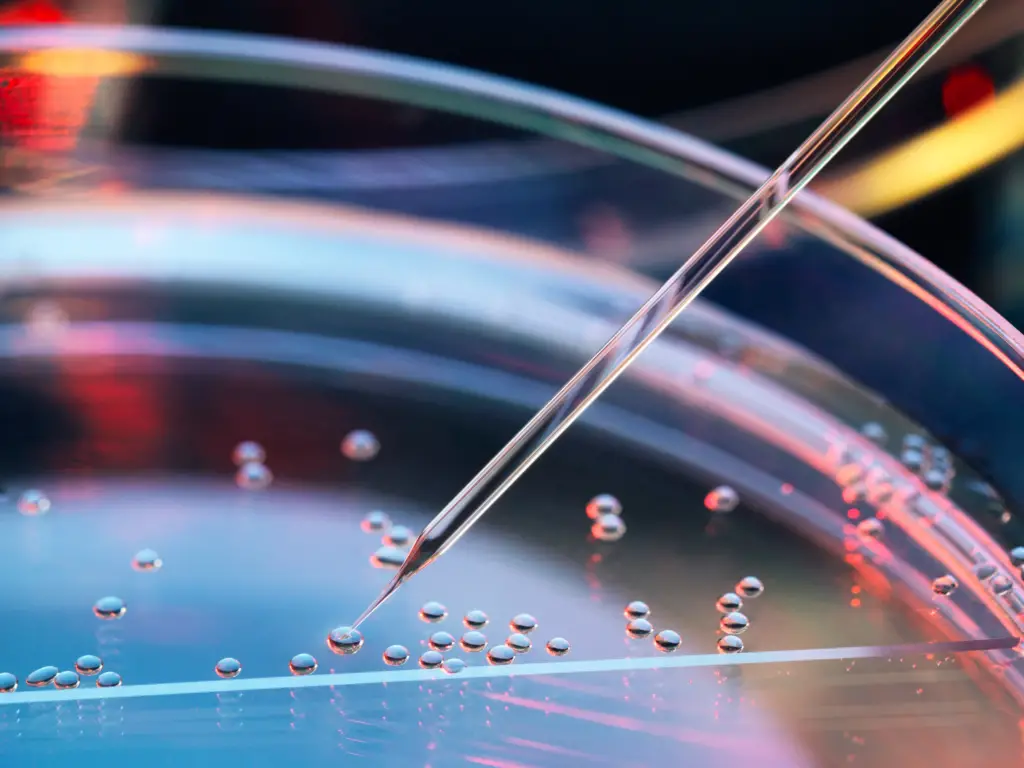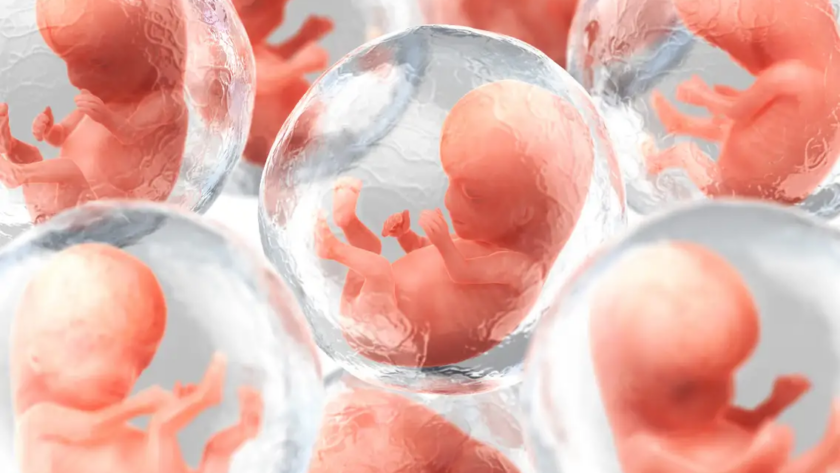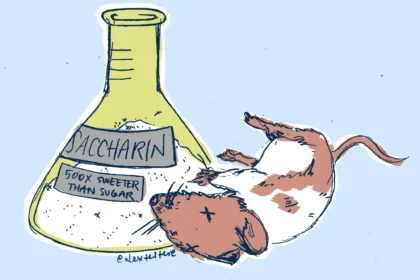In a groundbreaking development that challenges the very foundations of human reproduction, scientists have successfully created synthetic human embryos, obliterating the long-standing reliance on sperm and eggs. This revolutionary feat, achieved through cutting-edge technologies and innovative laboratory techniques, has ignited a firestorm of ethical concerns within the scientific community and beyond.
With the traditional boundaries of conception shattered, society finds itself standing at the precipice of a new era, where the creation of life is no longer bound by the constraints of natural reproduction. As we delve into the implications of this unprecedented advancement, it becomes clear that we are confronted with a host of profound ethical dilemmas that demand immediate attention and thoughtful contemplation.
The stage is set for a profound examination of the moral and societal consequences stemming from the creation of synthetic human embryos.

Scientists at the University of Cambridge and the California Institute of Technology appear to have successfully accomplished what could be considered quite disastrous for human-kind. They have severed reproduction from fertilization, and just like a Sci-Fi movie, pose the ability to create a human baby without the use of sperm or egg.
Cambridge professor Magdalena Żernicka-Goetz and Jacob Hanna at the Weizmann Institute of Science in Rehovot, Israel, have worked in recent years to craft mouse embryo models from stem cells, then grow them in nutrient-filled bottles, which served as an artificial uterus.
During their work with mice, a team of researchers from multiple institutions, led by Chinese reproductive engineer Zhen Lu at the State Key Laboratory of Neuroscience in Shanghai, reportedly created synthetic embryos using embryonic stem cells from monkeys. Astonishingly, they were able to achieve successful pregnancies in monkeys by employing a process reminiscent of in vitro fertilization.
Żernicka-Goetz described cultivating human embryos beyond the equivalent of 14 days of development for a natural embryo, “when the synthetic embryo reached the beginning of a developmental milestone known as gastrulation, when the embryo transforms from being a continuous sheet of cells to forming distinct cell lines and setting up the basic axes of the body. At this stage, the embryo does not yet have a beating heart, gut or beginnings of a brain, but the model showed the presence of primordial cells that are the precursor cells of egg and sperm.”
Janet Rossant, a developmental biologist and International Society for Stem Cell Research steering committee member, told the MIT Technology Review that such synthetic embryos, if equipped with all the right cell types, could possibly survive to become viable humans.
Żernicka-Goetz stressed that “they are not human embryos. … They are embryo models, but they are very exciting because they are very looking similar to human embryos and very important path towards discovery of why so many pregnancies fail, as the majority of the pregnancies fail around the time of the development at which we build these embryo-like structures.”

“The difference between an embryo model and the real thing, is that they have not been derived by fertilization,” according to Christine Mummery, developmental biologist in the anatomy and embryology department at Leiden University Medical Center,
While it is illegal to implant these embryos in a woman’s womb, the novelty of the stem cell-derived embryos gives scientists leeway they would not otherwise have if dealing with embryos from traditional sperm-and-egg fertilization.
“Unlike human embryos arising from in vitro fertilization (IVF), where there is an established legal framework, there are currently no clear regulations governing stem cell derived models of human embryos. There is an urgent need for regulations to provide a framework for the creation and use of stem cell derived models of human embryos,” said James Briscoe, associate research director at the Francis Crick Institute.
“If the whole intention is that these models are very much like normal embryos, then in a way they should be treated the same. Currently in legislation they’re not. People are worried about this.” states Robin Lovell-Badge, the head of stem cell biology and developmental genetics at the Francis Crick Institute.
According to a publication in the journal Development, Professor Martin Pera highlighted that the establishment of the “14-day rule” originated from bioethical deliberations during the beginning years of the in vitro fertilization (IVF) field in the 1970s.
This ethical guideline, which restricts the in vitro culture of human embryos beyond day 14 of development, gained significant attention following the birth of the first British child conceived through IVF.
It was decided that it was ethically questionable to conduct experiments on human beings during their embryonic stage of development.

While regulatory bodies at American universities and other research institutions in the U.S. allegedly adhere to the “14-day rule,” the International Society for Stem Cell Research issued a recommendation in its 2021 guidance that the possibility of increasing the permitted culture time be considered by “national academies of science, academic societies, funders, and regulators.”
The creation of so-called “embryiods”, living entities made from human stem cells that are increasingly complex and comparable to human embryos, has added pressure to extend the rule so scientists could compare these new entities with naturally conceived embryos.
Dr. Ildem Akerman, from the University of Birmingham, told the BBC, “These findings suggest that we would soon develop the technology to grow these cells beyond the 14-day limit, with potentially more insights to gain into human development. … Nevertheless, the ability to do something does not justify doing it.”
As we stand on the precipice of this astonishing breakthrough, where the creation of life is no longer confined to the realms of sperm and eggs, our society finds itself grappling with a myriad of ethical dilemmas. The implications of forging synthetic human embryos are both awe-inspiring and deeply unsettling, reminiscent of a science fiction narrative that blurs the boundaries between imagination and reality.
With a future shrouded in uncertainty, it is crucial that we embark on a collective journey of introspection and thoughtful contemplation, navigating the moral intricacies that lie ahead. The profound ethical implications raised by these groundbreaking developments will undoubtedly continue to captivate our imaginations, evoking a sense of wonder, trepidation, and a reflection on what it truly means to be human.





